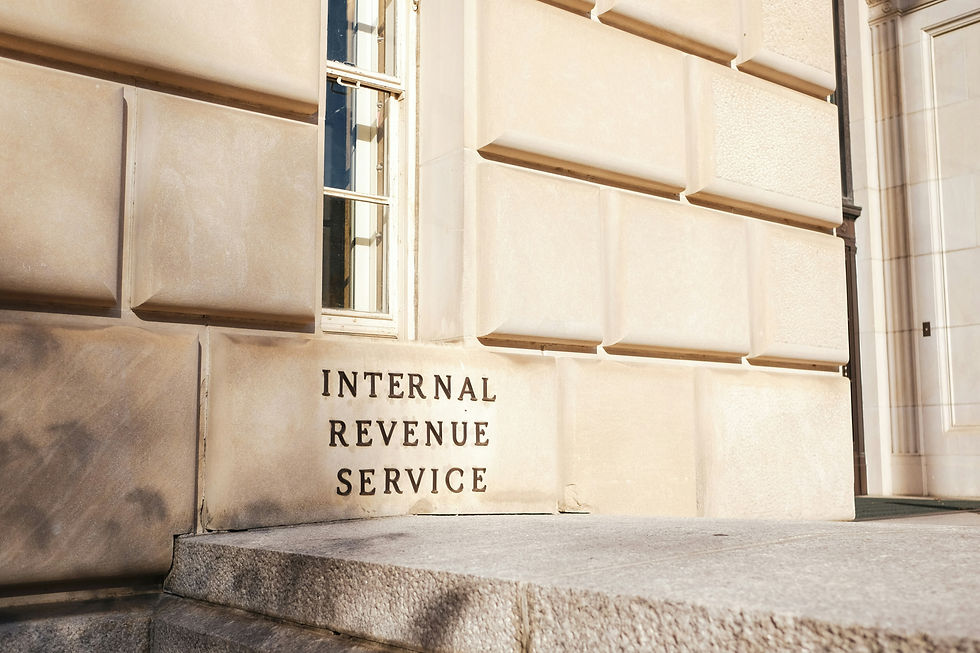What is “reasonable” Reasonable Compensation?
- Abby Henning

- Jan 16, 2024
- 2 min read
If you’ve ever interacted with a toddler, or a teenager, or anyone with extreme opinions, you probably know that ‘reasonable’ isn’t a universal definition!
And if your private practice is an S-corporation, you’ve probably heard the phrase ‘reasonable compensation’. We get a lot of questions about this: What is it? And why does it even matter?
The compensation piece is easy to understand - it’s the wage that the shareholder/owner receives. The reasonable part can be much trickier to pin down.
What is reasonable compensation?
S-Corporation shareholders are required to pay themselves a reasonable salary based on the work they perform for the corporation. Shareholders can take (tax-free) distributions too, but first there needs to be a reasonable salary paid.
How is it determined?
Just as you might decide if a XXL hot fudge sundae is a reasonable treat, a lot of factors go into determining when a salary is reasonable.

Sundae factors might include: Does the person with the sundae have any dietary restrictions, are they 24 months old or 24 years old, what’s the temperature outside, and will they be eating it in a moving vehicle on rough terrain?
Reasonable Compensation variables consider job responsibilities, qualifications, time and effort devoted to the business, company profitability, and geographical location to name a few. It’s a very complex calculation with a myriad of factors to consider, but a general question that encompasses all of this is, “What would it cost to hire a replacement?”
Why does it matter?
Paying yourself as an S-Corporation owner can lead to tax savings, so it’s appealing! But it must be approached thoughtfully and through the lens of your specific financial situation so that compensation and distributions are within legal parameters and truly lead to a tax benefit.
The IRS monitors and evaluates shareholder compensation and will take action if they determine a salary is too low compared to services rendered. Which means tax-free shareholder distributions are reclassified to salary. Which means employment taxes are calculated on that salary. Which means tax money is owed! Ouch!
So, what’s my magic number?
There is no IRS formula for calculating Reasonable Compensation. Your accountant may have Reasonable Compensation report software that can provide a fast and credible calculation based on specific input of the factors mentioned above, or can otherwise guide you in your figure. If you don't have an accounting professional who can provide this service, GreenOak Accounting offers Reasonable Compensation reports for S-Corporation Owners.
If you’d like to determine it yourself, you’ll want to consider industry benchmarks, assess the owner’s responsibilities, review company financial performance, and document your decision-making process in case of an audit.
Here’s to being reasonable!
subscribe here for weekly updates!
This article is designed to provide information only and should not be considered legal or tax advice. Because of the complexity of the law and the variables in your own personal tax situation, you can’t rely on our advice specifically related to your unique circumstances. In order to get the best tax savings and legal advice available to you, you should consult with your own accountant, attorney or advisor regarding your particular facts and circumstances. GreenOak Accounting is an accounting firm that specializes in working with counselors and therapists in private practice. We provide monthly accounting & bookkeeping services, 1-time services and online courses. For more information on our specialized services for therapists please visit www.greenoakaccounting.com



